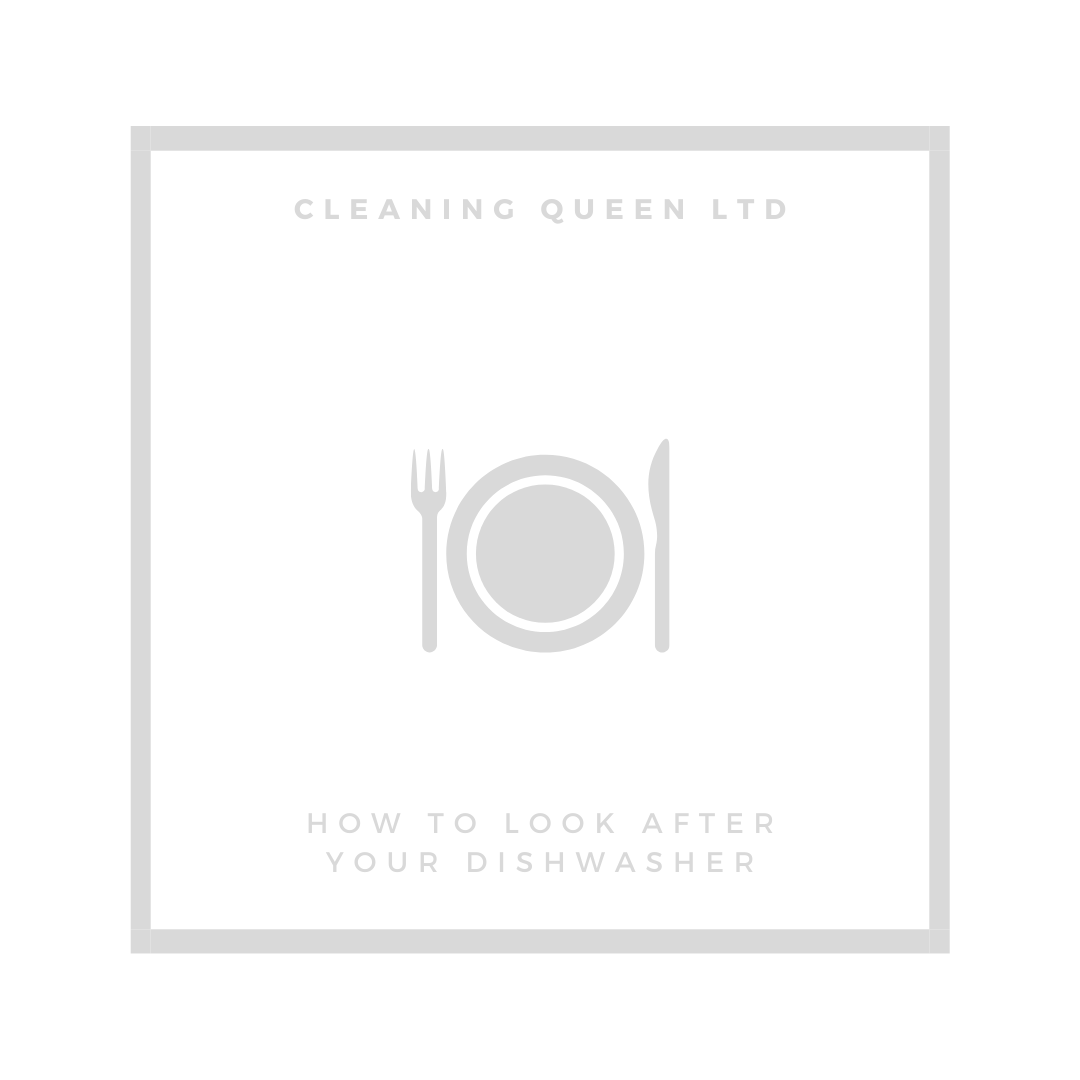
Many of us have seen an advert repeatedly in which a beautiful woman says, "I'm a woman, not a dishwasher." And indeed, washing dishes is part of our daily routine which can be annoying and time consuming, who likes to wash dishes anyway? As the world develops, the dishwasher gets discovered which is no longer a luxury, but a necessity. After all, there are many benefits of a dishwasher not only does it save our time and our hands, but also water. Environmental aspects of having a dishwasher are increasingly being highlighted so it will make you environmentally friendly. And if you look after it properly, it will last longer. So, let's get a look at how to care for the dishwasher?
Should I get a dishwasher?
Many of our customers already have a dishwasher, but some of you don’t. And our answer to the question is yes, having a dishwasher is worth it. The main reason is that it will save up to several times more water than washing dishes by hand. And if you choose an even more eco-friendly dishwasher which are currently most popular, you will save even more money. On the other hand, if you have a busy lifestyle, a dishwasher will save you a lot of time. And if you love getting your nails done, it will save you money on manicures (and time too)!
How to look after your dishwasher?
You can’t get away using a dishwasher without the dishwasher tablets, these are recommended to be used every time you use the appliance. It is mentioned that they will help to wash the dishes easier and at the same time guarantees that limescale will be prevented. This will prevent a damage in the long run. Special products for dishwashers are a good choice. The main thing is not to rush to buy and research products in as much detail as possible.
The lightest dishes should be at the top
If you want all dishes to be cleanly washed and at the same time the equipment to last, then rely on our tips on how to maintain and use the dishwasher, which we have collected for a long time while monitoring the work done by the dishwasher. With regular care, you will ensure that the appliance will be functional for a long time.
These are our top tips to follow:
• Be sure to rinse the dishes before placing them in the dishwasher, so that there is no food residue left.
• It is best to put the dishes in the dishwasher immediately after meals as the food residue dries it is harder to wash.
• Place larger and heavier containers at the bottom of the dishwasher as the water moves intensively – you don't want it to fall out.
• There is a much stronger flow at the bottom of the dishwasher, so we recommend keeping hard-to-wash dishes there.
• Be sure to turn the cups over so that water does not collect in them. Don’t worry, the water jet will still spray from below, so even inverted cups and glasses will be washed.
• Use of any dishwasher products to wash dishes is a must. After all, water alone will not be able to remove food traces. Even when we hand-wash dishes, we use washing up liquid therefore a dishwasher needs a product too!
• Be sure to purchase products that help remove lime from the dishwasher. In general, all the appliances we use that come in contact with water sooner or later will begin to lime. So, it is very important to take proper care of the equipment so that there are no problems. The simplest vinegar and soda are great limescale cleansers. It is cheap and very quickly and simply removes limescale from your dishwasher.
• When connecting the dishwasher, you must decide whether to use hot water or cold. Although hot will help to wash dishes much faster, in general, with the cold it is also perfectly possible to wash, which is also a cheaper option. If you want to save– you should connect to a cold-water pipe.
• As hot water harms the dishwasher more, in this case more additional measures are needed to protect against it.
• After each wash, food residues should be removed from the sieve. They start to emit an unpleasant smell after a while, so the sooner you remove it, the better and you will not need to look for ways to eliminate the smell.
• Finally, when the dishes are finished washing, remove them immediately. Do not leave, as an unpleasant smell may be absorbed.
• After washing, keep the dishwasher door open for a while. The smell of moisture will come out and the dishwasher itself will dry much faster. It is clear that the maintenance of the dishwasher is not very difficult. A little knowledge, a pinch of work and special tools and your dishwasher will serve for a long time and successfully.
We hope these tips helped and we recommend that you implement these to save your dishwasher in the long run!
Stay safe, stay clean
with Cleaning Queen



